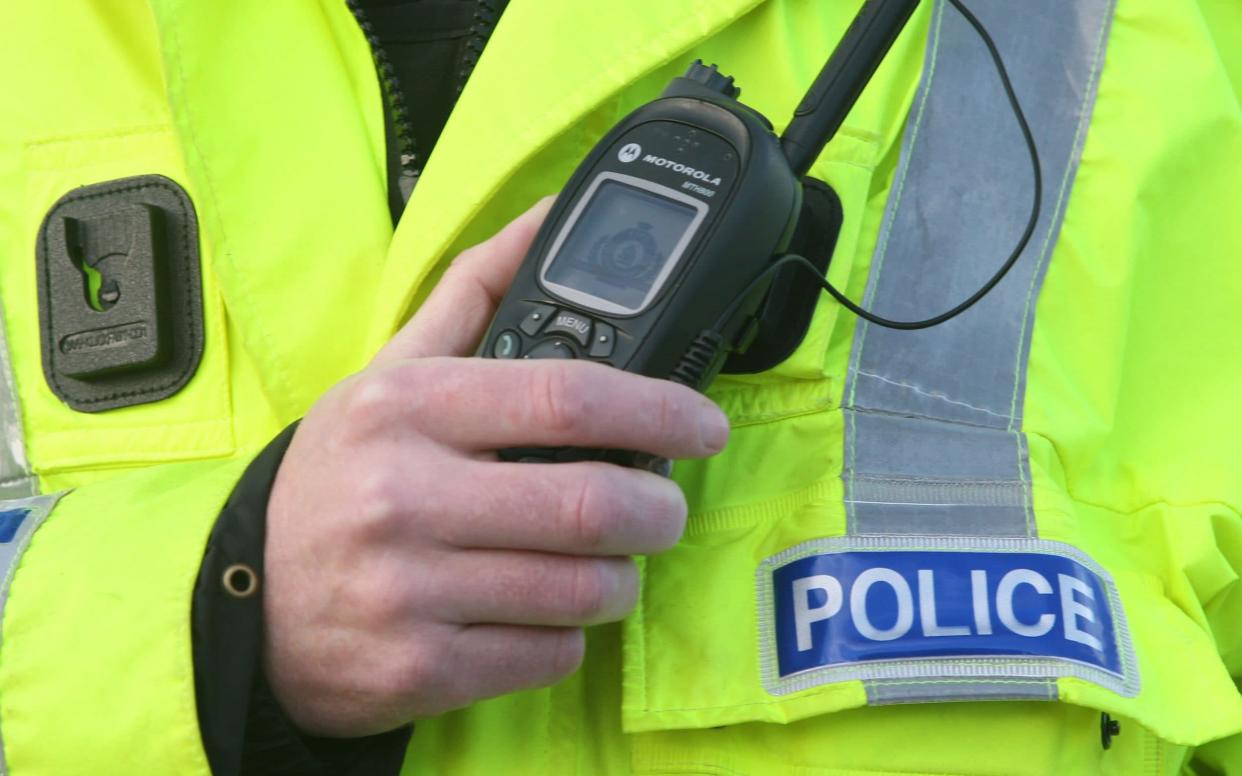Domestic abusers told to say sorry to partner by police

Police are dealing with domestic abuse cases by simply making the abuser say sorry to their partner on the doorstep, a Fawcett Society report has found.
Research by the charity found a "worrying number" of domestic violence incidents are resolved using the most basic level of restorative justice, which "can often be little more than an apology".
In one force 54 per cent of cases were dealt with using the method, which can also involve financial agreements, according to evidence from a study carried out by Durham University.
It's almost certainly going to put her in a very risky position
Sam Smethers, Fawcett Society
"Guidance must be strengthened to make clear that 'street level' restorative justice should not be used in cases of domestic abuse or sexual violence, and data should be collected to ensure that forces are held accountable," the report said.
Sam Smethers, chief executive of the Fawcett Society, said the practice left women in a "powerless" position where they are asked to accept their abuser's apology.
"You're not seeing the true nature of the relationship and the true nature of what's going on. It's almost certainly going to put her in a very risky position," she told the Daily Telegraph.
More sophisticated restorative justice can include a neighbourhood justice panel which involves volunteers from the local community, and the most formal variety is normally carried out post-sentence by specialist facilitators.
These methods should not be used "until women’s organisations are confident that they are being delivered in a way which will not harm victims or survivors," the report said.
In other cases local authorities are using "written agreements" which meant women could lose their children if they had any contact with a former partner.
Ms Smethers added that they place women in "a very difficult position" and meant in some cases that they did not seek help for fear that they would lose their children.
"It places the onus on them in a situation where they're not the perpetrator of violence, it's their partner or former partner who is the perpetrator of violence, but they're the ones being held accountable for that violence."

 Yahoo News
Yahoo News 
